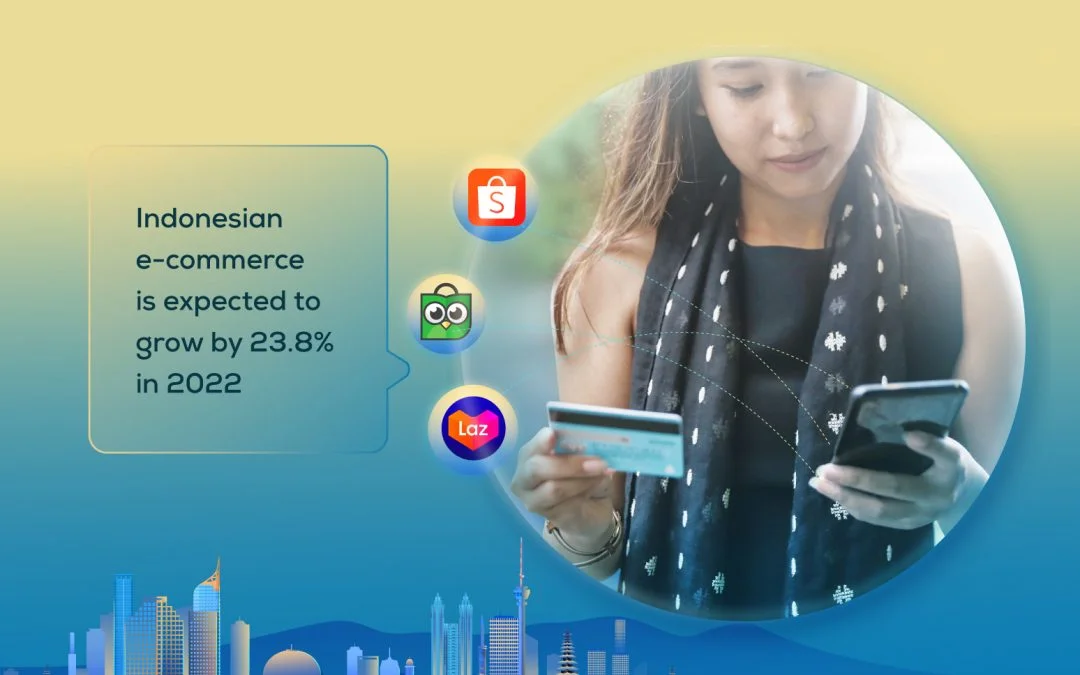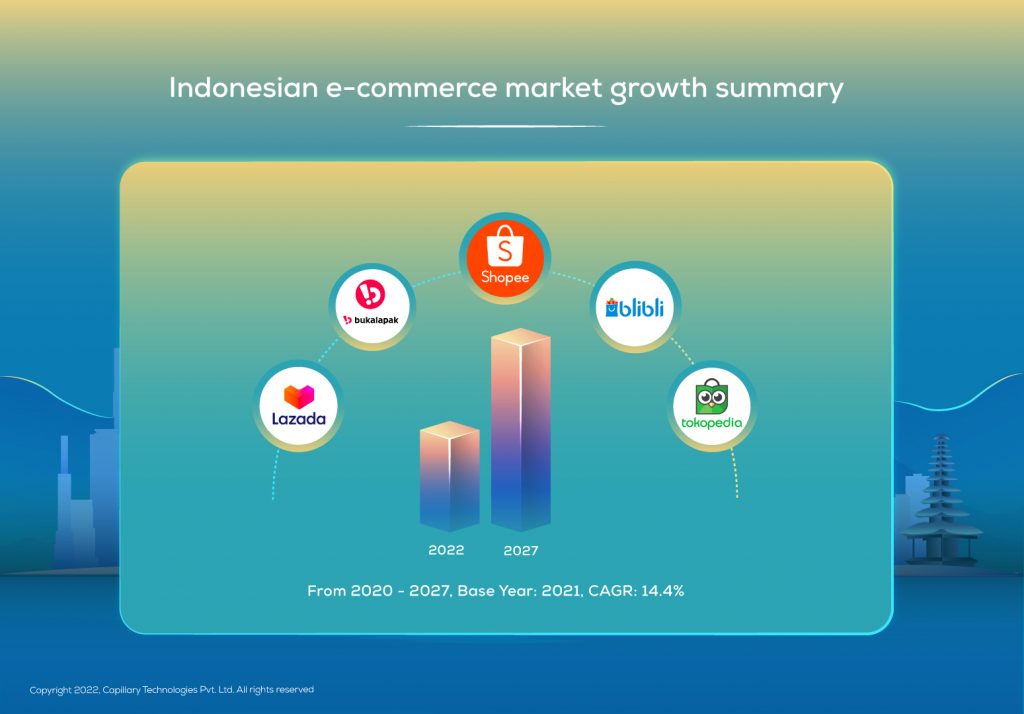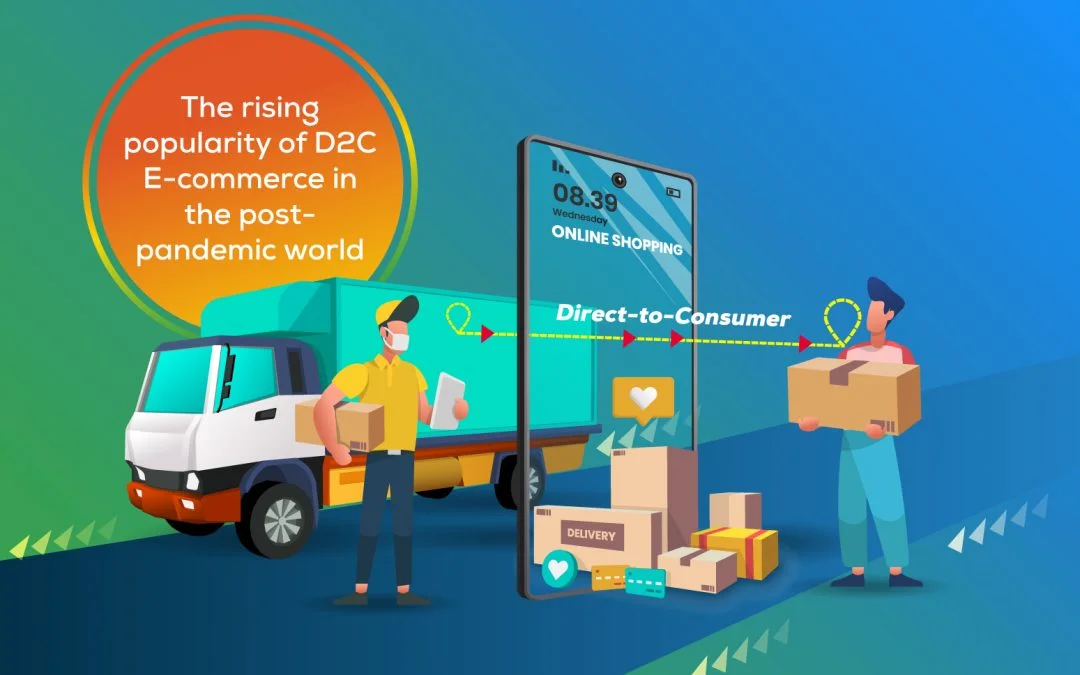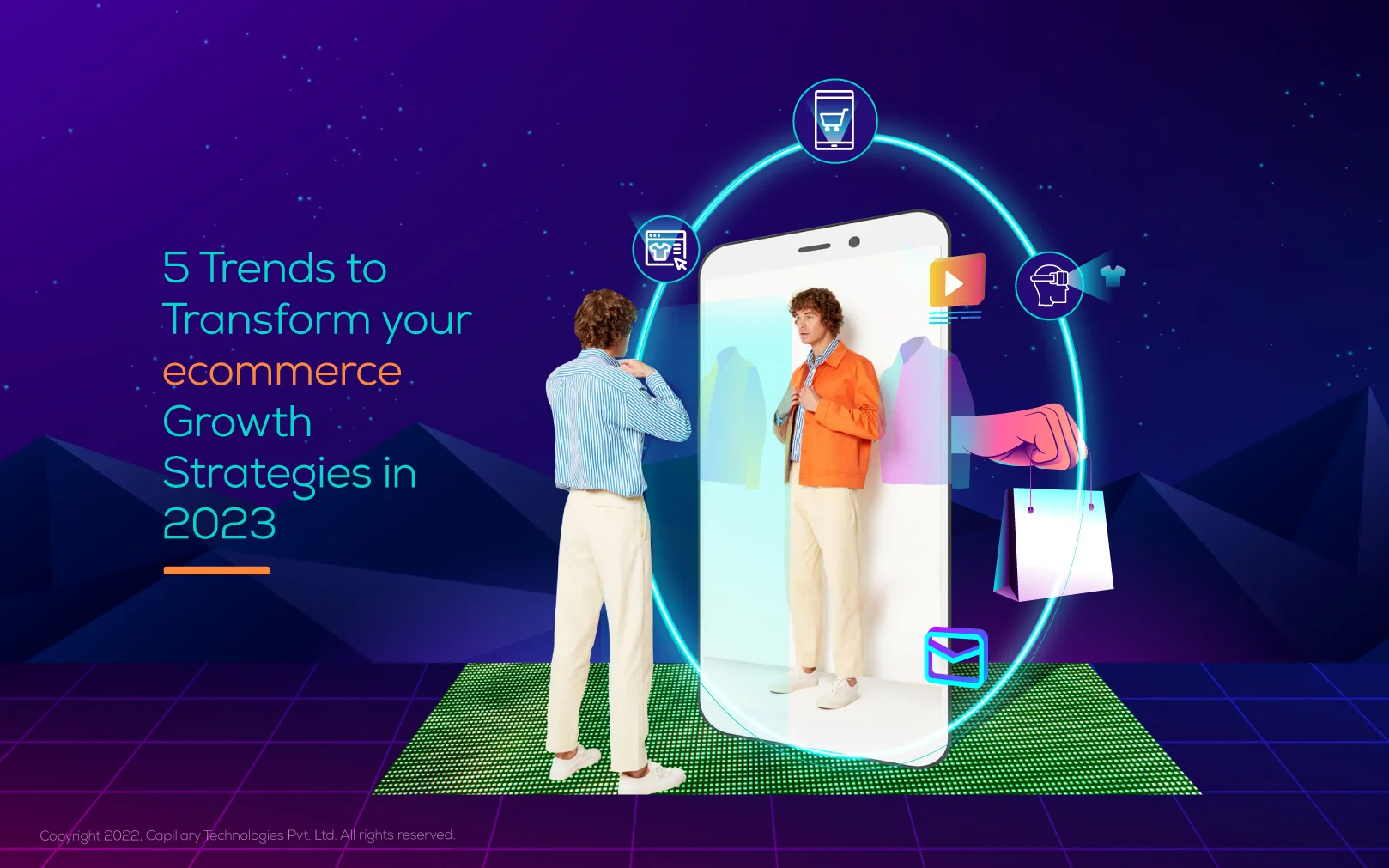- Design industry shaping loyalty programs
- Integrate easily and go live quicker
- Deliver hyper-personalized consumer experiences
Blue Rewards from Al Futtaim Group Shares Loyalty Success Stories and Evolution. Watch Podcast >
Capillary Announces 2nd Annual Captivate 2025 Summit: Transforming Loyalty Management with New AI Tech Read more >

With Southeast Asian online marketplaces booming, e-commerce in Indonesia continues to experience remarkable growth. In 2023, the market was valued at approximately $40.4 billion and is projected to reach $44.7 billion in 2024, reflecting a 10.65% annual growth rate. Looking ahead, the Gross Merchandise Value (GMV) is expected to climb to $63.2 billion by 2028, with a compound annual growth rate (CAGR) of 9.04% during 2024–2028.
This optimistic trend can be attributed to the rising middle-class population contributing to increased internet usage—185.3 million users as of 2024, accounting for 66.5% of the population. High smartphone penetration, affordable mobile data, and rapid digital payment adoption further fuel this growth. Digital wallets have become the preferred e-commerce payment method, accounting for 35% of transactions.
The evolution of new buying preferences and habits has also contributed to omnichannel commerce replacing traditional in-store purchases for leading retail outfits in Indonesia. In 2024, e-commerce growth in Indonesia accounted for 26.5% of total retail sales, signifying a major shift toward online shopping. Moreover, the sector has increased employment significantly, creating 26 million new jobs, primarily driven by small and medium industries transitioning to commerce enablement.

Apart from building a reliable logistics infrastructure to support the influx of online orders, digital transformation has been pivotal for businesses in Indonesia. Many companies have adopted in-house tech solutions and partner-based applications that seamlessly integrate payment setup and operations optimization.
Global tech companies played a significant role in deploying advanced data management systems during the lockdowns. Categories such as fashion and accessories (16.3%), health and beauty (14.3%), and home appliances (10%) dominated the revenue share, followed closely by food (6.9%) and gadgets (6.4%). This surge in online consumption has further cemented e-commerce in Indonesia as a transformative force in the region.
Major players such as Shopee, Tokopedia, and Lazada are thriving, catering to millions of customers daily. These platforms are at the forefront of Indonesia’s e-commerce growth, highlighting the need for brands to innovate and retain newly acquired customers through personalization and curated brand experiences—the cornerstone of successful loyalty program software initiatives. Explore Capillary’s robust Loyalty+.
In 2024, live shopping became a significant trend, with 6 out of 10 shoppers in Indonesia making purchases through live shopping platforms. Social commerce is also witnessing exponential growth, with half of the population using platforms such as Instagram and TikTok to discover and purchase products. The social commerce segment is expected to continue driving e-commerce growth in Indonesia, offering a fresh avenue for online sales.
The rise of social commerce necessitates a robust backend for SKU management and delivery systems. Many brands are adopting a hybrid approach, leveraging both traditional and social commerce platforms to enhance customer experience while ensuring smoother inventory management.
To stay competitive, businesses are investing in omnichannel strategies that integrate social media, mobile apps, and websites. This approach allows brands to unify the customer journey across touchpoints and optimize their engagement using tools such as loyalty software, which supports hyper-personalized campaigns and reward programs.
Whether through a social media account or an online marketplace, acquiring and activating customers while unifying their data into a singular repository is essential for achieving omnichannel hyper-personalization. Companies in Indonesia are increasingly turning to loyalty program software and full-stack e-commerce solutions that offer native integration with Customer Data Platforms (CDP), CRM systems, and engagement tools.
Capillary Technologies has been at the forefront of these transformations, partnering with Indonesia’s leading brands such as Levi’s to deliver exceptional customer experiences. By leveraging Capillary’s integrated stack—comprising CDP+, Loyalty+, Engage+, Rewards+, and Insights+—businesses can implement AI-driven insights and hyper-personalized campaigns at scale. Capillary’s loyalty software ensures precision-targeted engagement across social, in-store, email, and mobile channels.
Indonesia’s e-commerce growth is fueled by factors like high smartphone penetration, affordable mobile data, digital payment adoption, and an increasing preference for online shopping.
Loyalty program software helps businesses personalize customer experiences, improve retention, and build stronger emotional connections, driving sustainable e-commerce growth.
Fashion, health and beauty, home appliances, and gadgets are among the leading categories driving e-commerce revenue in Indonesia.
Social commerce has become a major driver, with platforms like TikTok and Instagram facilitating direct purchases and expanding e-commerce reach among tech-savvy consumers.
By adopting omnichannel strategies, leveraging loyalty software, and focusing on hyper-personalized customer experiences, businesses can differentiate themselves in Indonesia’s competitive e-commerce market.

November 29, 2024 | 6 Min Read
Whether through a social media account or an online marketpl

March 24, 2025 | 4 Min Read
Explore how D2C e-commerce platforms are revolutionizing bra

January 4, 2023 | 5 Min Read
With customers’ changing shopping behavior, even offline s